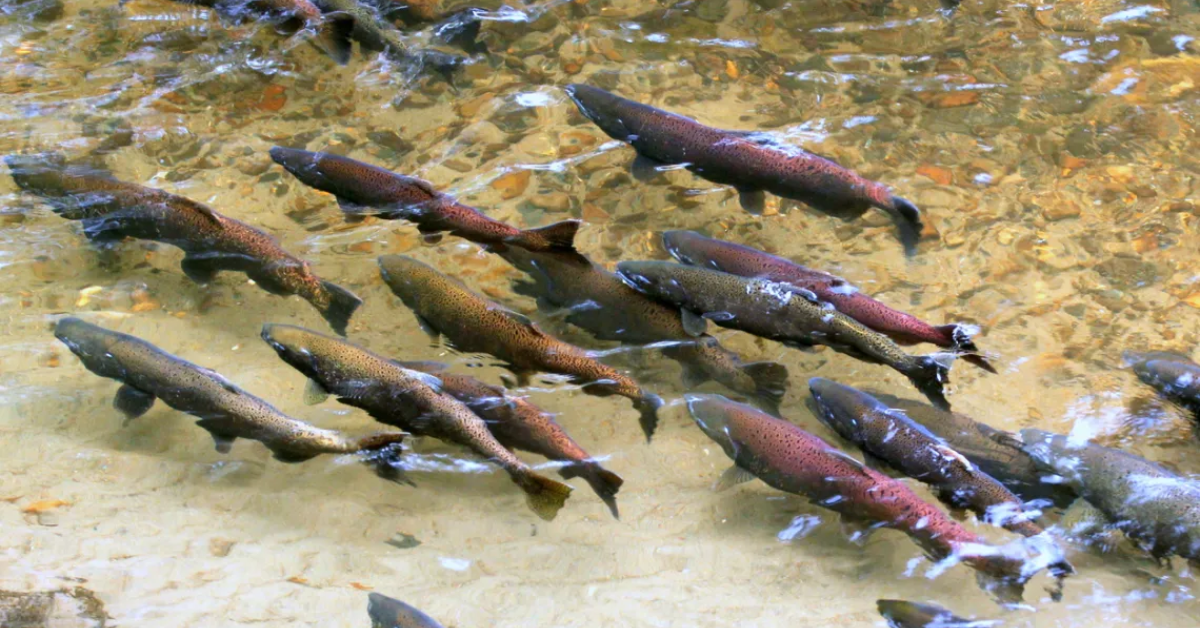
The state of Oregon has reignited its legal battle against the Trump administration after the federal government withdrew from a critical agreement aimed at restoring the Columbia River’s declining salmon population. This move has sparked concern among environmentalists and local communities who rely heavily on the salmon ecosystem for their livelihoods and cultural heritage.
The Columbia River salmon restoration deal was designed to protect the environment while supporting the fishing industry. Oregon’s renewed lawsuit highlights the ongoing clash between state environmental goals and federal policy changes. The case underscores the importance of cooperative efforts to manage natural resources in the region.
Background of the Columbia River Salmon Restoration Agreement
The Columbia River is one of the most important salmon habitats in the United States, supporting numerous fish species and indigenous communities. In recent years, salmon populations have dramatically decreased due to factors like dam construction, habitat loss, and climate change. To address these challenges, Oregon joined a multi-agency agreement focused on restoring salmon habitats and improving fish passage.
This 2018 pact was embraced by states, tribes, and federal agencies alike. However, the Trump administration’s decision to exit the agreement raised alarms about the future of salmon recovery efforts. Oregon’s government argues that federal withdrawal undermines collaborative environmental protections and threatens the well-being of local fisheries.
Oregon’s Legal Action and Its Implications
In response to the federal government pulling out, Oregon filed a lawsuit to compel the Trump administration to continue its commitment to the salmon restoration plan. The state contends that the federal administration’s decision violates environmental laws and bypasses crucial input from local agencies and tribal partners.
This legal battle represents a broader fight over how natural resources should be managed and protected. For Oregon, salmon restoration is not just an environmental issue but also an economic and cultural priority. According to the Oregon Department of Fish and Wildlife, salmon fisheries generate hundreds of millions of dollars annually and support thousands of jobs in the Pacific Northwest.
Challenges in Restoring Salmon Populations
Restoring salmon runs in the Columbia River basin is a complex task. It involves addressing environmental degradation, improving fish passage around dams, and adapting to changing climate conditions. The defeat of the previous agreement means these challenges could become even harder to overcome without unified federal and state efforts.
Experts warn that if salmon populations continue to decline, it will have ripple effects on ecosystems and economies alike. The need for sustainable management and cooperative agreements is crucial for the long-term survival of these fish and the communities that depend on them.
Looking Ahead: What This Means for Oregon and the Columbia River
With Oregon pressing forward legally, the fight over salmon restoration is set to continue. The state remains committed to its environmental goals and is unlikely to back down. Legal experts note that this case could set a precedent for how state and federal governments negotiate environmental agreements in the future.
For younger readers concerned about environmental conservation, Oregon’s actions demonstrate the role of government in protecting natural resources. It also highlights how policies and legal decisions can directly impact wildlife and local communities. The situation with the Columbia River salmon serves as a reminder of the ongoing need to balance economic development with ecological preservation.
Conclusion
The renewed legal battle between Oregon and the Trump administration over the Columbia River salmon restoration agreement underscores the complexities of managing natural resources in a changing political landscape. As Oregon fights to keep restoration efforts alive, the case draws attention to the importance of cooperative federalism in addressing environmental challenges.
Salmon restoration on the Columbia River is critical not only for preserving biodiversity but also for supporting regional economies and indigenous cultures. Going forward, collaboration between federal and state governments will be essential to achieve sustainable outcomes that benefit both people and nature.









